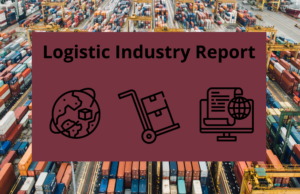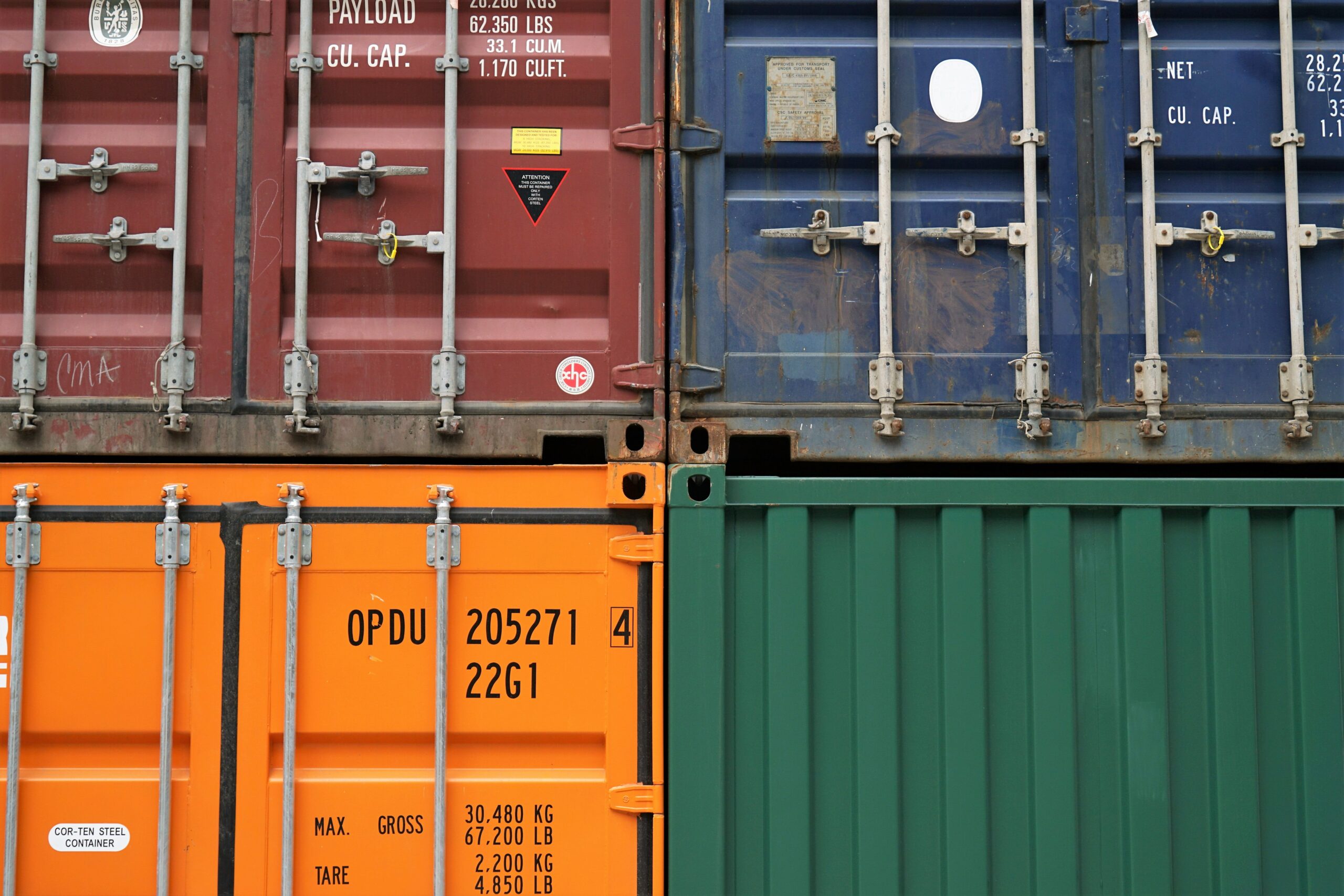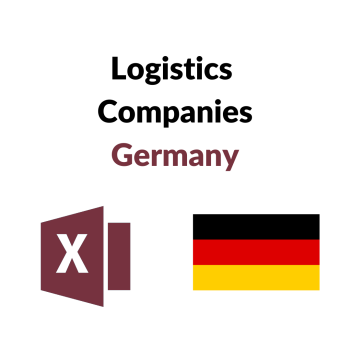Germany has the largest logistics market in Europe, thanks in no small part to the country’s central location on the continent. Its function as a logistics hub is thus predestined. Germany’s share of the European logistics market is around 25 percent. With Deutsche Post DHL Group and Deutsche Bahn, Germany has two logistics heavyweights that are also significant in a global comparison. This article is based on the unique Top 300 Logistics Companies Germany – List of the largest logistics companies.
-
Rated 5.00 out of 5€249,99 Incl. VAT
- Excel list of the 300 top German logistics companies (by revenues) for download
- Including: sales (2015-2018), number of employees, e-mail, address, telephone number, management, etc.
- Detailed information on the field of activity (transport logistics, warehouse logistics, industrial logistics, pharmaceutical logistics, food logistics, port logistics, etc.)
- Download of the Excel file valid indefinitely, free updates within one year after purchase, free preview file available
- Last update: 10.08.2020
A quarter of the European logistics market
The German logistics market reached a volume of 285 billion euros in 2019, continuing its growth of previous years. Although sales are expected to be somewhat low in 2020 and 2021 due to Corona, further growth is also expected in the future. Significant growth drivers are the e-commerce trend and the international division of labor with its supply chains. With over three million employees, the logistics sector is one of the most important employers in this country. Only about half of the logistics services are performed visibly to the outside world through transport and transshipment on public transport areas; the other half takes place in companies as internal logistics.
Despite a few heavyweights – logistics services are predominantly provided by small and medium-sized enterprises. There are around 60,000 companies in Germany with logistics business models. Around 15,000 of these operate as freight forwarders with a focus on land transport. Other logistics business models: traditional haulage companies, small and self-driving hauliers (subcontractors), courier services, niche providers, sector-specific logistics providers, transport intermediaries, logistics services, developers of innovative and digital logistics solutions. Federal states with a particularly large number of logistics companies and high logistics shares are Bavaria, North Rhine-Westphalia, Baden-Württemberg and Hesse. This is due to the high economic strength of the states and their geographical location.
Source: Listenchampion Image source: Unsplash
 In our sector report on the German logistics industry, you will find detailed information on areas of activity, an overview of the locations and clusters of the logistics industry, key financial figures as well as insights into the gender distribution and sustainability efforts of the industry.
In our sector report on the German logistics industry, you will find detailed information on areas of activity, an overview of the locations and clusters of the logistics industry, key financial figures as well as insights into the gender distribution and sustainability efforts of the industry.




